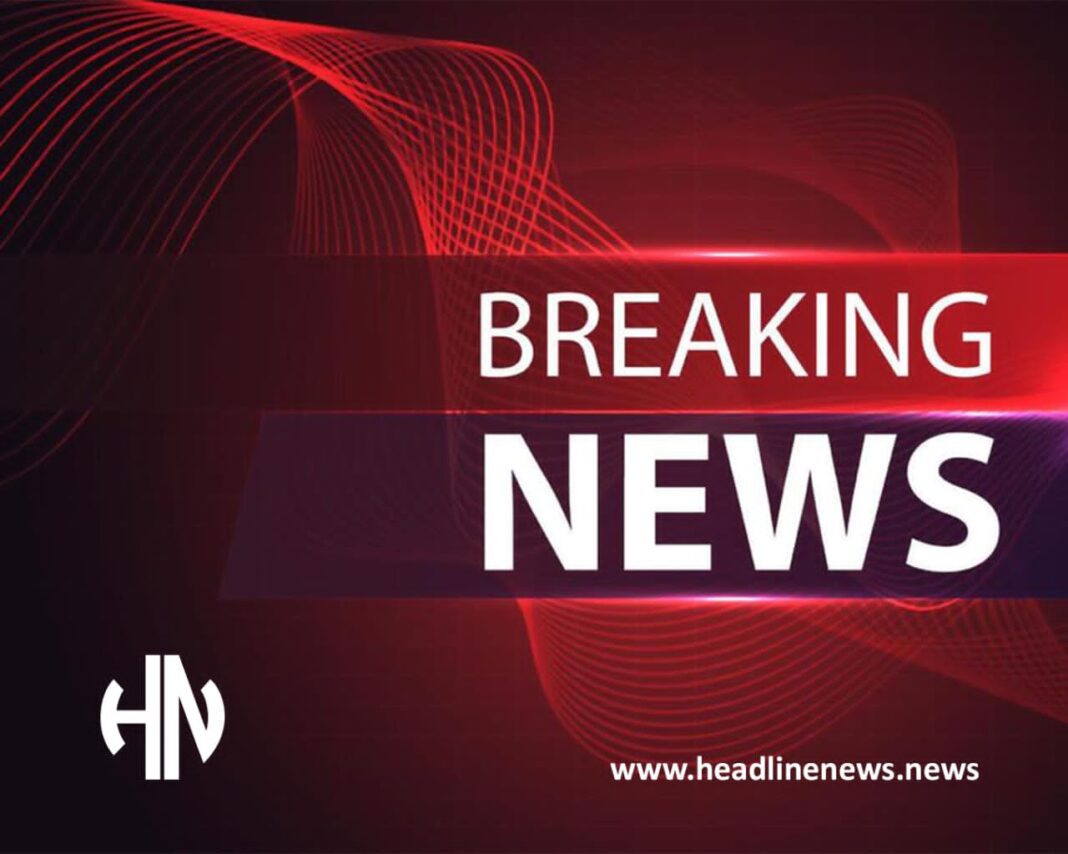By HeadlineNews.news Editorial Bureau
Abuja — November 2025
A Nation’s Voice Finds Its Advocate
A powerful diplomatic appeal authored by Princess Gloria Adebajo-Fraser, MFR, Founder and President of the National Patriots Movement of Nigeria, has re-shaped the tone of international debate around the United States’ controversial designation of Nigeria as a “Country of Particular Concern (CPC)”.

The open letter, written on behalf of millions of Nigerians and received yesterday at the U.S. Embassy in Abuja for onward transmission to President Donald J. Trump, lays out a comprehensive rebuttal to what it calls an “unjust, unfounded, and economically damaging” label imposed without credible investigation.
Within hours of its delivery, diplomatic sources in Abuja confirmed that copies of the same letter were dispatched to the Prime Ministers of Canada, the United Kingdom, Australia, and Japan — urging them to resist joining a “domino effect of misinformed allied actions” based on America’s unilateral stance.
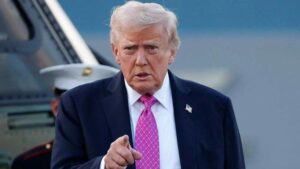
Nigeria Speaks — The Poll That Changed the Narrative
Central to the National Patriots’ submission was an independent national survey conducted by HeadlineNews.News in late October 2025.
The results, widely circulated among media and embassies, show a resounding national rejection of foreign interference under any pretext of religious protection.
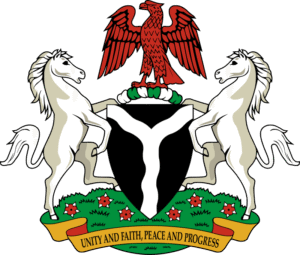
Survey Finding Result
Nigerians who support U.S./Trump intervention 8 %
Nigerians suspicious of U.S. motives, rejecting military involvement 90 %
Nigerians who see such action as neo-colonialism 85 %
Nigerians expressing disgust at foreign interference 68 %
Christians and Muslims confirming peaceful coexistence 88 %
Nigerians affirming there is no religious war 90 %
Nigerians insisting Trump should keep out of internal affairs 75 %
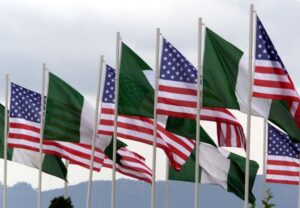
These figures dismantle the premise that Washington’s move enjoys public sympathy.
In a rare show of unity, both Christian and Muslim communities described the CPC label as “an insult to truth and to the Nigerian people’s intelligence.”
The Open Letter: Facts over Fear
In her letter, Princess Adebajo-Fraser dismantled the misconception that Nigeria is waging a religious war, clarifying that terrorism, banditry, and communal resource clashes are the true culprits of instability.
She acknowledged violent flashpoints in Benue, Plateau, Kaduna, Anambra, Ondo, Kwara, and Osun States, tracing them to herder–farmer tensions and non-Nigerian insurgents exploiting porous borders. “Where victims happen to be predominantly Christian,” she wrote, “it may appear sectarian, but the attackers act for gain and revenge — not religion. Their crimes are condemned by both Islam and Christianity alike.”
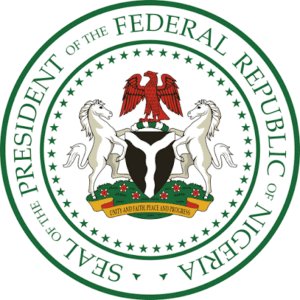
The letter stressed that President Bola Ahmed Tinubu’s administration has created a special agency to address grazing and land-use disputes, promote ranching, and restore peace among farming communities.
It warned that conflating local violence with religious persecution “is a dangerous distortion that fuels division and misleads foreign partners.”
Economic Stakes and Investor Fallout
Beyond politics, the letter highlights the economic consequences of the CPC designation.
Nigeria, currently the fastest-growing economy in Black Africa, has drawn fresh commitments from investors in energy, fintech, infrastructure, and agribusiness. The CPC label, Princess Adebajo-Fraser argued, threatens to raise risk premiums, deter lenders, and jeopardize billions in investment.
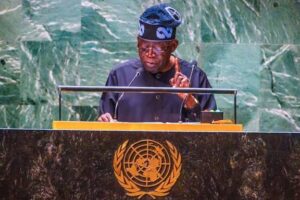
Analysts at the National Economic Council estimate that negative re-rating by international agencies could cost Nigeria over $6 billion in deferred capital inflows and delay critical infrastructure financing.
“Perception drives capital; stigma kills it,” the letter warned, calling the U.S. move “economically reckless at a moment when Nigeria is rebuilding credibility through reforms.”
The Law Is Clear — Sovereignty Is Non-Negotiable
The National Patriots cited Article 2(4) of the United Nations Charter, which states:
> “All Members shall refrain from the threat or use of force against the territorial integrity or political independence of any state.”
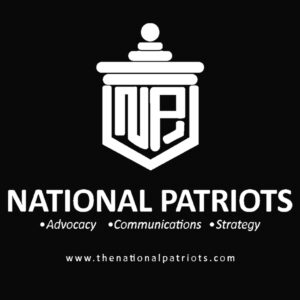
This, combined with Article 8 of the African Union Charter on Democracy and Governance, which prohibits external coercion, underscores that any unilateral threat of intervention would violate international law.
> UN Secretary-General António Guterres has consistently maintained:
“Peace cannot be imposed; it must be built on inclusion, understanding, and respect for national sovereignty.”
By acting on unverified claims, the report asserts, Washington risks contradicting the very principles it helped establish after 1945.
No Religious War — Just a War on Truth
The National Patriots’ submission describes Nigeria’s conflict as a security challenge, not a theological one.
It distinguishes between Boko Haram terrorism, cross-border banditry, and communal clashes rooted in land disputes, stressing that these crises affect Christians and Muslims alike.
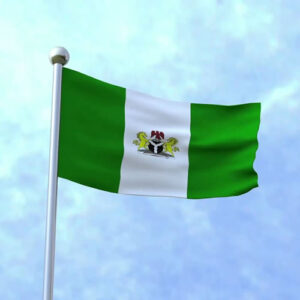
Princess Adebajo-Fraser’s letter points out that “many perpetrators and victims share the same faith,” refuting the genocide narrative.
> “Terrorism knows neither church nor mosque,” she wrote. “It is an assault on every Nigerian.”
A Diplomatic Masterstroke
The open letter’s tone is firm but diplomatic — a blend of empathy and evidence.
It accuses the U.S. of acting impulsively and politically, without the factual groundwork needed for such a grave label.
“The U.S. Congress,” it notes, “lacks both the accurate data and the wherewithal to conduct an objective report on Nigeria’s complex internal dynamics.”
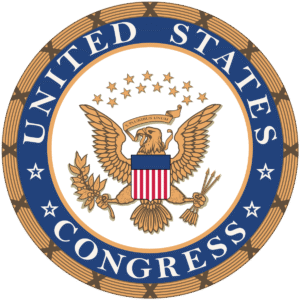
It calls for any future assessment to rely on the U.S. Embassy in Abuja, which “is on the ground and capable of distinguishing fact from propaganda.”
Political analysts have described the move as “a textbook example of proactive diplomacy”, ensuring that Nigeria frames the conversation before it spirals into sanctions or wider isolation.
Preventing the Domino Effect
Recognizing the ripple potential of Washington’s designation, the National Patriots pre-emptively wrote to Canada, the United Kingdom, Australia, and Japan, appealing to their governments not to replicate “a hasty and unjust judgment.”
The letters emphasize that “truth is contagious too,” and warn that copying America’s stance would undermine regional stability and punish an innocent ally.
Diplomatic insiders confirmed the correspondence was dispatched the same day the U.S. Embassy received Trump’s copy — an unprecedented show of strategic speed and foresight.
Public Reaction — Nigerians Say No
Within 24 hours of publication, the open letter sparked a surge of support across print, broadcast, and online platforms.
Editorials from Lagos to Kano hailed Princess Adebajo-Fraser as “the moral compass Nigeria needed.”
Social media trended with hashtags #NoToTrumpIntervention and #StandWithNigeria.


A HeadlineNews.News follow-up survey confirmed that nine out of ten respondents oppose any U.S. military or political interference.
This sentiment aligns with international law’s principle of self-determination: once a people reject foreign intervention, no external actor can legitimately claim to act on their behalf.
The report cites Article 1(2) of the UN Charter — “To develop friendly relations among nations based on respect for the principle of equal rights and self-determination of peoples.”
By this logic, any imposed intervention in Nigeria would lack legitimacy under international law.
Damage Control Through Diplomacy
Sources at the Ministry of Foreign Affairs confirm that a high-powered federal delegation — including senior diplomats, clergy, and security advisers — is preparing to travel to Washington, D.C. to meet President Trump’s representatives.
The mission’s goal: to present verifiable data, restore confidence, and negotiate the withdrawal of the CPC designation.
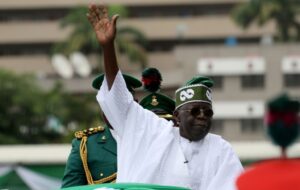
Observers credit Princess Adebajo-Fraser and the National Patriots for providing the foundation of that diplomatic outreach.
Her intervention, they note, gave the federal government a credible, citizen-driven narrative backed by evidence, not emotion.
> “International diplomacy punishes silence but rewards engagement,” the Princess said in her closing statement.
“We have chosen engagement. Nigeria will not be blackmailed; we will be heard.”
Analysis — Why Trump Misread the Moment
Foreign-policy analysts suggest that President Trump’s move fits a pattern of economic brinkmanship, similar to his pressure tactics in Venezuela.
Nigeria’s vast oil, gas, and critical mineral reserves make it an attractive target for leverage politics.
Yet, unlike smaller nations, Nigeria’s unity across faiths and its demographic weight make coercion a diplomatic dead end.
“Trump acted before verifying, assuming silence meant guilt,” said one European diplomat in Abuja. “What Princess Gloria’s letter did was supply context — a reminder that democracy requires facts, not fear.”

Conclusion — A Turning Point in Narrative Control
The National Patriots’ open letter has effectively reclaimed Nigeria’s global narrative.
It positioned Princess Gloria Adebajo-Fraser as a central figure in crisis management, bridging civil society and diplomacy.
Her swift engagement prevented the perception vacuum that could have let hostile actors define Nigeria’s image abroad.
Whether Washington reconsiders the CPC tag remains to be seen, but one fact is clear: Nigerians have spoken, loudly and lawfully, through their chosen advocate.

In a nation often divided by politics, this moment has united its people behind a single message:
“We reject falsehood, defend sovereignty, and demand fairness.”
For now, the National Patriots’ intervention stands as a model of patriotic diplomacy — proof that when citizens act with clarity and conviction, even the most powerful voices must listen.
Headlinenews.news Special Investigative Report.


